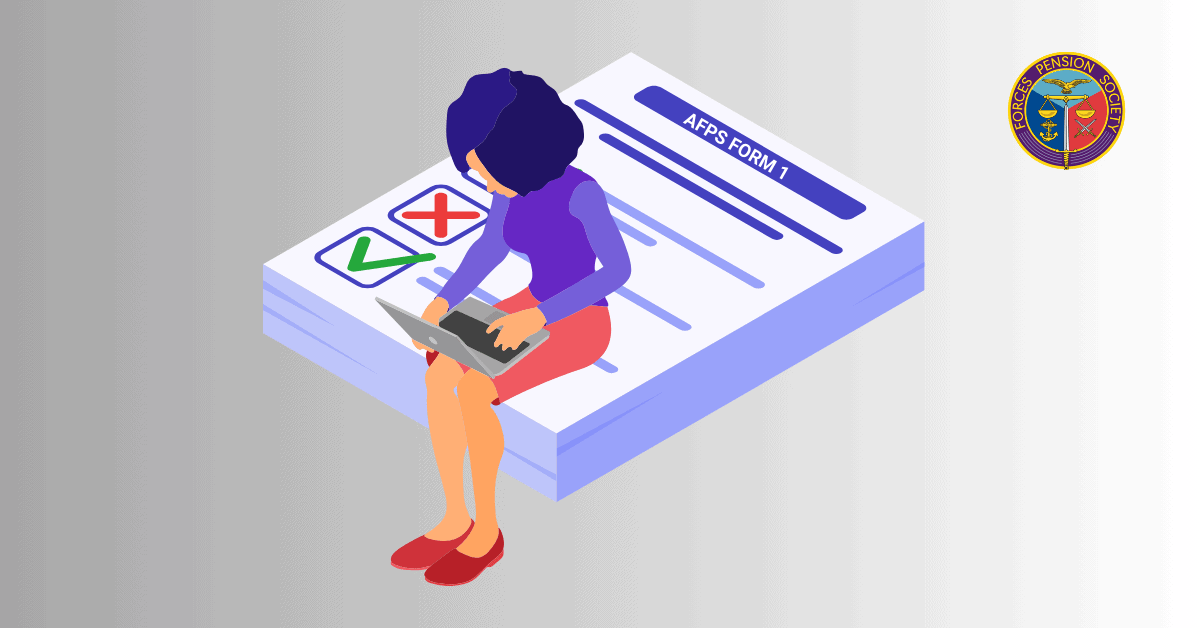
There are currently three Armed Forces Pension Schemes (AFPS) in which members of the Regular Armed Forces could have pension entitlements, both for themselves and their families. They are AFPS75, AFPS05 and AFPS15.
There is also the Reserve Forces Pension Scheme (RFPS) in which members of the Full Time Reserve Service (FTRS), which includes Additional Duties Commitments, may have built up entitlements
All have different rules about adult benefits, so, in this article, we provide a few pointers about the rules surrounding them.
AFPS75 can be particularly confusing, especially for those with pre-1978 service. Why are we dealing with pre-78 benefits? Well, although it is unlikely that those currently serving will have pre-1978 service, you may have family and friends who will be affected with whom to share this information.
The scheme rules that apply are those in force at the time of the Service persons discharge. New schemes and subsequent improvements to old schemes are not applied retrospectively. So, if the Service person was a member of AFPS75 any dependants’ benefits will be assessed under the AFPS 75 rules as they were applied at the time of their discharge.
AFPS05, AFPS15 and RFPS, being modern schemes, do not require couples to be married in order to qualify for survivors’ pensions – they could be married, in a civil partnership or ‘eligible partners’. If ‘eligible partners’, Veterans UK will have to assess whether they meet the criteria by checking that the couple are both single, that they cohabit and that they are financially dependent or interdependent. The adult dependant is normally entitled to 62.5% of the member’s entitlement. I say ‘normally’ for two reasons:
- Where the recipient is more than 12 years younger than the member, the pension can reduced by up to 50% dependent upon the age difference.
- Where the member has served more than 37.33 years, the adult dependant’s pension is limited to 62.5% of the member’s pension based on 37.33 years’ reckonable service.
If the member dies without claiming their pension, a lump sum worth three times the pension is payable to:
- their nominee, or , if none,
- their spouse/civil partner/eligible partner; or if none,
- their estate.
If the member dies after the pension is in payment, the balance of 5 years worth of pension (including the value of any lump sum taken) is paid to the estate as a lump sum.
If only AFPS 75 was that straight forward! We’ll talk about that in Part 2…




